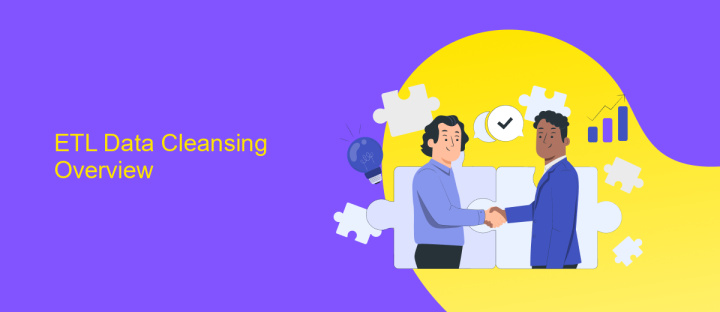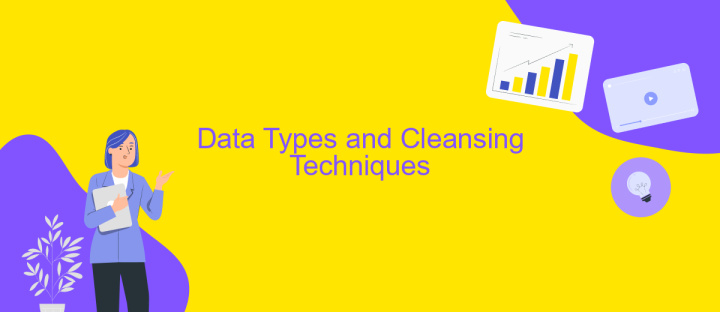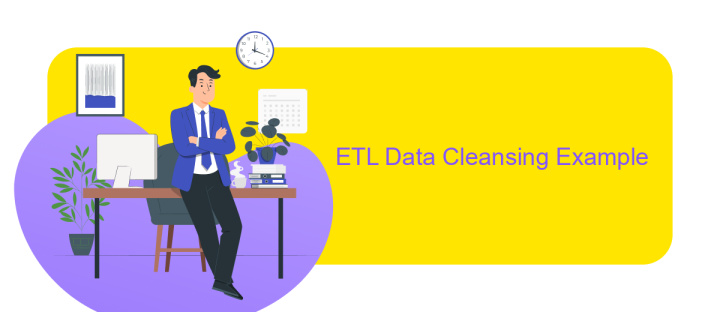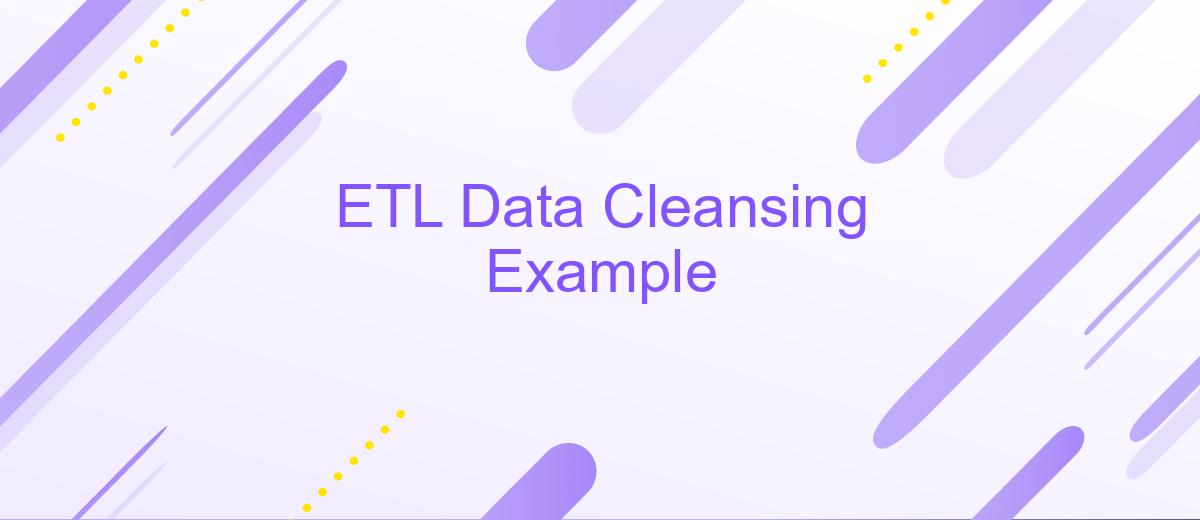ETL Data Cleansing Example
In the realm of data management, ETL (Extract, Transform, Load) processes are crucial for ensuring data quality and integrity. This article delves into the essential practice of data cleansing within ETL workflows, providing a practical example to illustrate how clean, accurate data can significantly impact business intelligence and decision-making. Discover the key steps and techniques involved in effective ETL data cleansing.
Introduction
ETL (Extract, Transform, Load) data cleansing is a critical process in ensuring data quality and reliability in any data-driven project. The primary goal is to identify and correct inaccuracies, inconsistencies, and other issues in raw data before it is used for analysis or reporting. This process enhances the overall integrity of the data, making it more useful and trustworthy.
- Extract: Gathering raw data from various sources.
- Transform: Cleaning and converting data into a suitable format.
- Load: Importing the cleansed data into a target system.
Effective data cleansing often involves using specialized tools and services to automate and streamline the process. One such service is ApiX-Drive, which facilitates seamless data integration and transformation. By leveraging ApiX-Drive, organizations can efficiently manage their data pipelines, ensuring that the data is accurate and ready for analysis. Proper ETL data cleansing not only saves time but also reduces the risk of errors, ultimately leading to better decision-making and improved business outcomes.
ETL Data Cleansing Overview

ETL (Extract, Transform, Load) Data Cleansing is a crucial process in data management that ensures the accuracy and quality of data before it is loaded into a data warehouse. This process involves extracting raw data from various sources, transforming it to meet specific requirements, and then loading it into a target system. Data cleansing focuses on identifying and correcting errors, inconsistencies, and redundancies in the data, which can significantly impact the reliability and usability of the information.
Effective data cleansing often requires the use of specialized tools and services. One such service is ApiX-Drive, which facilitates seamless integration between different data sources and applications. ApiX-Drive automates the data extraction and transformation processes, making it easier to identify and rectify errors in the data. By leveraging such services, organizations can ensure that their data is accurate, consistent, and ready for analysis, ultimately leading to better decision-making and operational efficiency.
Data Types and Cleansing Techniques

Data cleansing is essential for ensuring the quality and reliability of data in ETL processes. Different data types require specific cleansing techniques to address common issues such as inconsistencies, missing values, and errors.
- Numeric Data: Identify and correct outliers, fill in missing values using statistical methods, and standardize formats.
- Text Data: Remove special characters, correct spelling errors, and standardize cases (e.g., converting all text to lowercase).
- Date/Time Data: Standardize date formats, fill in missing dates, and correct any logical inconsistencies (e.g., future dates for past events).
- Categorical Data: Ensure consistency in category labels, handle missing categories, and merge similar categories.
Using automated tools like ApiX-Drive can streamline the data cleansing process by providing pre-built integrations and customizable workflows. This allows for efficient handling of various data types and ensures that the cleansed data is ready for analysis and reporting. Proper data cleansing not only enhances data quality but also improves the accuracy of business insights derived from the data.
ETL Data Cleansing Example

Data cleansing is a crucial step in the ETL (Extract, Transform, Load) process that ensures the accuracy and quality of data being transferred into a data warehouse. This process involves identifying and correcting errors, inconsistencies, and redundancies in the data to make it reliable for analysis.
For example, consider a dataset containing customer information from multiple sources. The data might include duplicate entries, missing values, or incorrect formats. To cleanse this data, you need to perform several tasks to standardize and validate it.
- Remove duplicate records to ensure each customer is represented only once.
- Fill in missing values where possible, or flag them for further review.
- Standardize data formats, such as converting all date fields to a consistent format.
- Validate data against known standards or reference datasets to ensure accuracy.
Using tools like ApiX-Drive can streamline the data cleansing process by automating the extraction and transformation steps, allowing you to focus on refining the data quality. ApiX-Drive's integration capabilities help in connecting various data sources and applying cleansing rules efficiently.
- Automate the work of an online store or landing
- Empower through integration
- Don't spend money on programmers and integrators
- Save time by automating routine tasks
Conclusion
In conclusion, ETL data cleansing is a crucial process for ensuring the accuracy and reliability of data within any organization. By systematically identifying and rectifying errors, inconsistencies, and redundancies, businesses can enhance the quality of their data, leading to more informed decision-making and improved operational efficiency. The integration of automated tools and platforms can significantly streamline this process, reducing the time and effort required to maintain clean and accurate datasets.
One such tool that stands out is ApiX-Drive, which offers seamless integration capabilities for various data sources. By leveraging ApiX-Drive, organizations can automate the data cleansing process, ensuring that data from multiple systems is consistently accurate and up-to-date. This not only simplifies the ETL workflow but also enhances the overall data management strategy, making it easier for businesses to harness the full potential of their data assets.
FAQ
What is ETL data cleansing?
Why is data cleansing important in ETL?
What are common data cleansing techniques used in ETL?
How can I automate the data cleansing process in ETL?
What challenges might I face during ETL data cleansing?
Apix-Drive is a simple and efficient system connector that will help you automate routine tasks and optimize business processes. You can save time and money, direct these resources to more important purposes. Test ApiX-Drive and make sure that this tool will relieve your employees and after 5 minutes of settings your business will start working faster.


